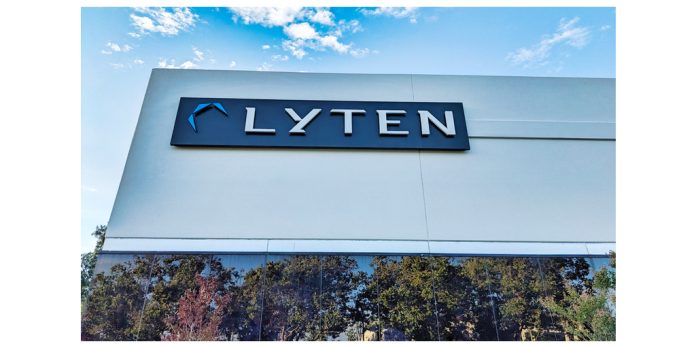The Lyten lithium sulfur battery gigafactory near Reno, Nevada, will have the capability to produce up to 10 GWh of batteries annually at full scale. Phase 1 of the facility is scheduled to come online in 2027.
The gigafactory will manufacture cathode active materials (CAM) and lithium metal anodes and complete assembly of lithium-sulfur battery cells in both cylindrical and pouch formats.
Lyten has been manufacturing CAM and lithium metal anodes and assembling batteries at its semi-automated pilot facility in San Jose, California, since May 2023. The lithium-sulfur batteries are entering the micromobility, space, drone, and defence markets in 2024 and 2025. Lyten already has a pipeline of hundreds of potential customers, and the Nevada gigafactory is part of Lyten’s strategy to meet this growing demand.
The planned 1.25 million square foot facility, located on a 125-acre campus in the Reno AirLogistics Park, initially will employ 200 people, growing to more than 1,000 at full capacity, including researchers, manufacturing engineers, battery engineers, technicians and operators,
“Today is the latest milestone in Lyten’s nine-year history. Lithium-sulfur is a leap in battery technology, delivering a high energy density, light weight battery built with abundantly available local materials and 100% U.S. manufacturing,” said Dan Cook, Lyten Co-Founder and CEO.
The higher energy density of Lithium-Sulfur cells enable up to 40% lighter weight than lithium-ion and 60% lighter weight than lithium iron phosphate (LFP) batteries. Lyten’s cells are fully manufactured in the US and use abundantly available local materials, eliminating the need for the mined minerals nickel, cobalt, manganese, and graphite.
Lyten is working with Dermody Properties and the Reno-Tahoe Airport Authority to finalize contractual terms to support breaking ground in early 2025. The Nevada factory will produce lithium-sulfur battery cells that are fully compliant with the Inflation Reduction Act, National Defense Appropriations Act (NDAA), and will not be subject to Section 301 tariffs.




